Traveling abroad is an exhilarating experience, but it can also be stressful if you’re not prepared for managing your finances. You need to know how to access your money without being charged outrageous fees or getting unfavorable exchange rates. Fortunately, there are a few things you can do to manage your finances abroad and get the best deal possible. Whether you’re using an ATM or currency exchange services, keep these tips in mind to ensure a smooth and stress-free trip.
Getting Started: ATM Vs. Currency Exchange
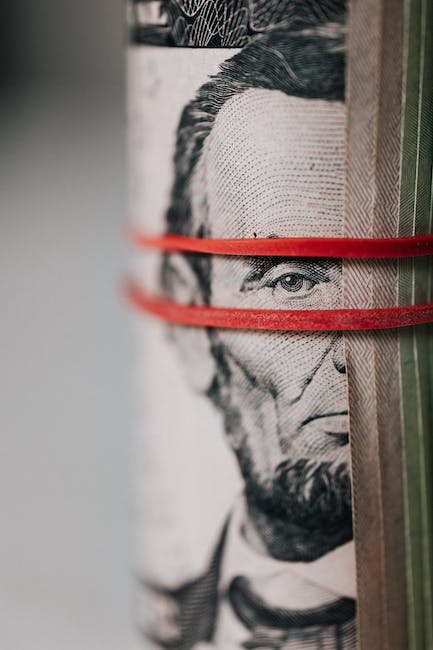
When you plan to travel abroad, the first decision you need to make is whether to use an ATM or currency exchange service to access your money. ATMs are generally the most convenient option as they allow you to withdraw local currency using your debit or credit card. You can find ATMs almost everywhere, including airports, shopping centers, and hotels. However, ATMs can also have high fees and withdrawal limits, which can make them a costly option. On the other hand, currency exchange services can be found in most airports and tourist areas, but fees can be high, and exchange rates may not be favorable. Therefore, before traveling, it’s essential to research the best option for accessing the local currency.
Notify Your Bank Before Traveling

Before you leave for your trip, ensure you contact your bank or credit card company and inform them that you will be traveling. This will help prevent any issues with frozen accounts or declined transactions. Banks often flag international transactions as suspicious activity due to the different location and currency, which might lead to your transaction being declined or your account getting frozen temporarily. Informing your bank about your travel plans helps them to accurately identify any genuine suspicious activities and prevent unauthorized transactions.
Be Wary of Dynamic Currency Conversion
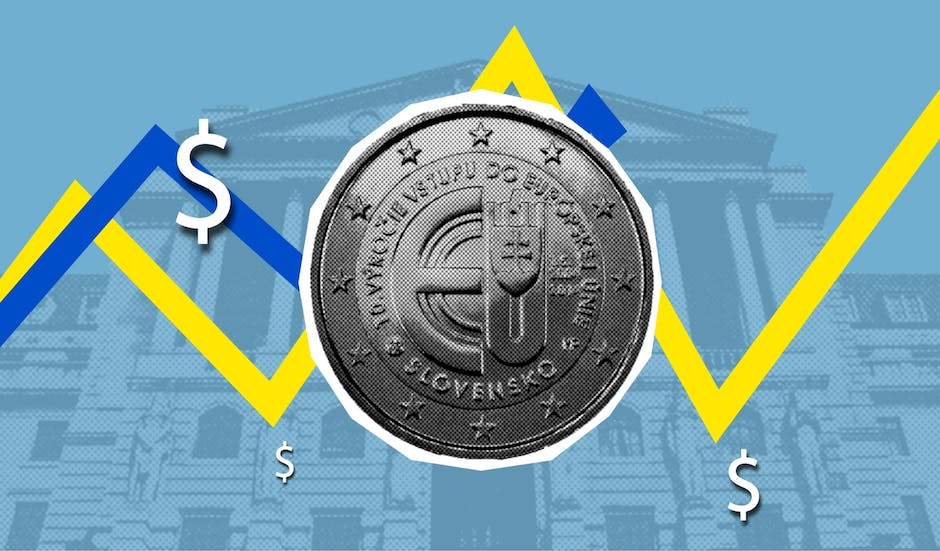
When using your credit card abroad, some merchants may offer to convert your total purchase amount into your home currency. This is known as dynamic currency conversion and can result in additional fees and unfavorable exchange rates. Usually, you will end up paying more with this option than you would have by paying in the local currency. Dynamic currency conversion can be deceptive, resulting in hidden charges which may inflate your total expenditure. For this reason, it’s advisable to always choose the local currency instead of your home currency when using your credit card abroad.
Research ATM Fees and Withdrawal Limits
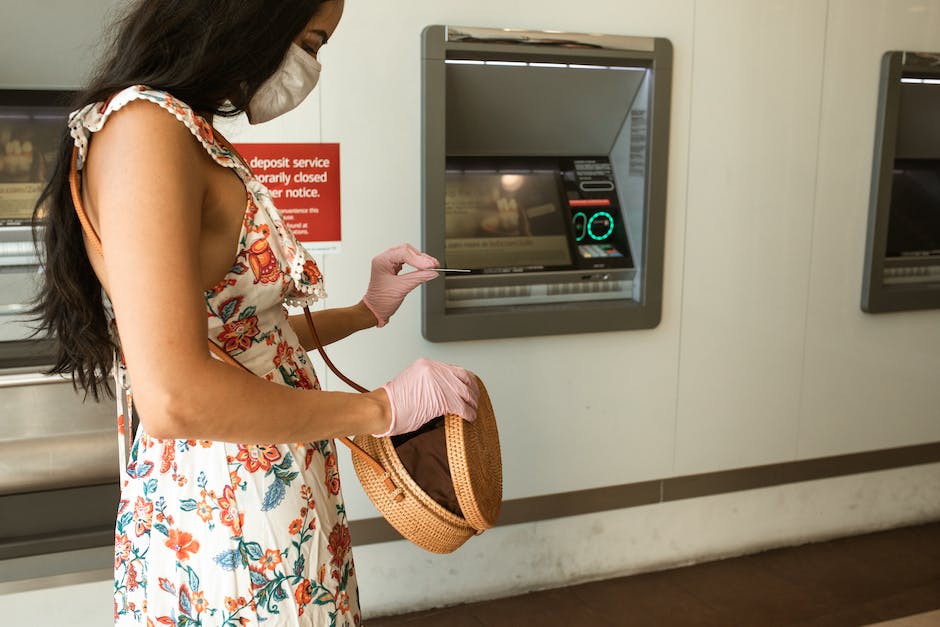
While ATMs may be the most convenient option for accessing money abroad, they can also come with high fees and withdrawal limits. Research ATM fees before you travel and consider withdrawing larger amounts at once to avoid multiple fees. Identify and use ATMs that have no transaction fees or offer lower fees than others. When withdrawing money, select the option of withdrawing the maximum amount allowed in a single transaction, as multiple withdrawals within a shorter duration can quickly add up, and you will end up paying more than you had planned.
Carry Cash for Small Purchases
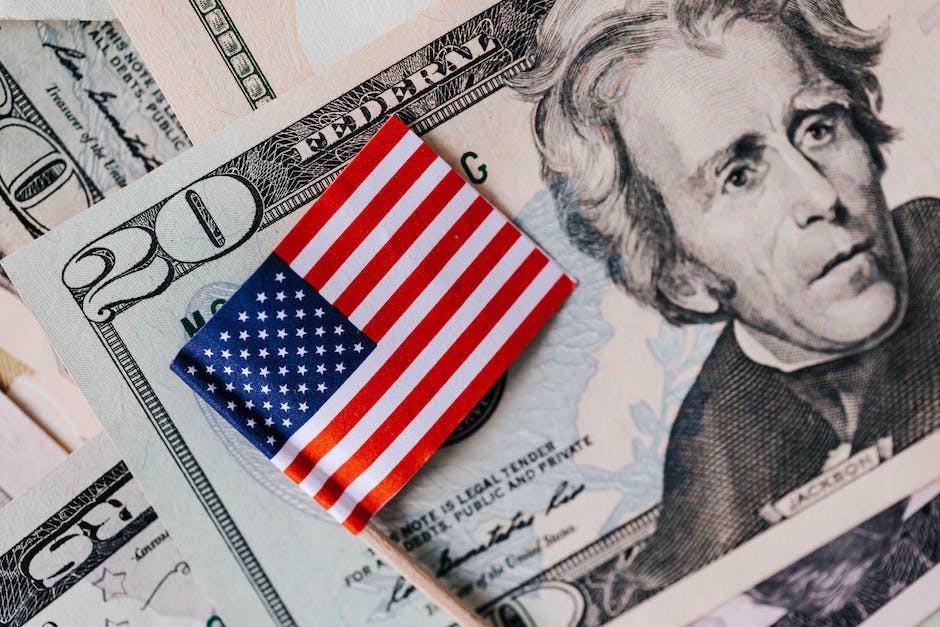
While credit cards are widely accepted in many countries, there are still some places that only accept cash. It’s a good idea to carry some local currency with you for smaller purchases like street food or souvenirs. You can withdraw a small amount of cash at the airport, your hotel, or any nearby ATM. Avoid carrying large amounts of cash with you to minimize the risk of theft or loss. Keep in mind that exchanging money for cash at an airport is not always the best option, as exchange rates can be particularly unfavorable there.
Use a Credit Card with No Foreign Transaction Fees
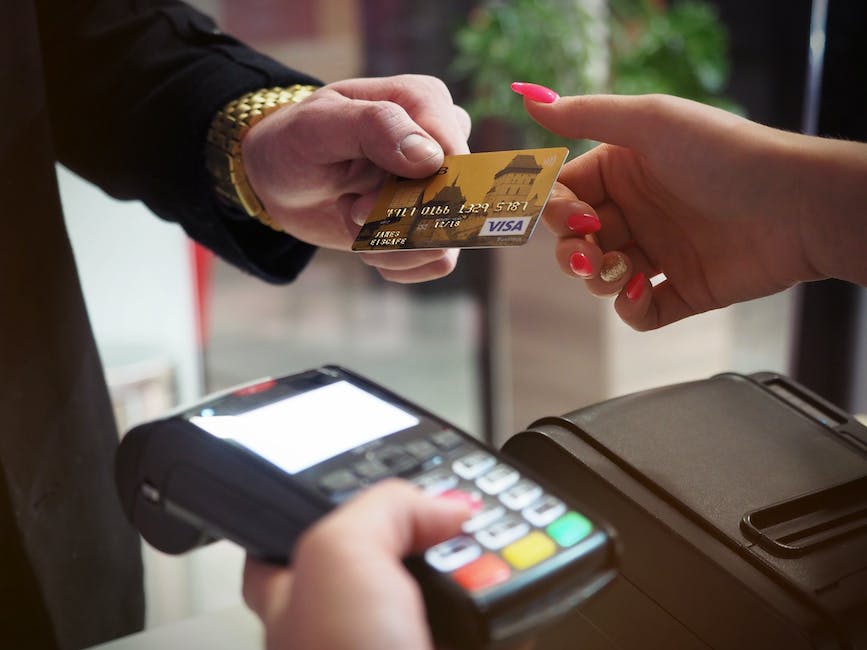
If you plan on using your credit card for larger purchases, make sure to use a card that doesn’t charge foreign transaction fees. These fees can add up quickly and significantly increase the cost of your trip. A good tip is always to carry two cards, just in case one of them gets declined or lost. Use a credit card that not only has no foreign transaction fees but also offers travel rewards or cashback on foreign purchases to maximize your savings while still enjoying the perks.
Compare Exchange Rates at Currency Exchange Services

If you do decide to use a currency exchange service, be sure to compare rates at multiple locations. Rates can vary widely, and you may be able to get a better deal elsewhere. Don’t exchange currency at the first currency exchange service you come across, especially when you are exchanging a large sum of money. Shop around for the best exchange rate to avoid losing money by exchanging your currency at high tourist areas or airports.
Avoid Using ATMs in High-Tourist Areas
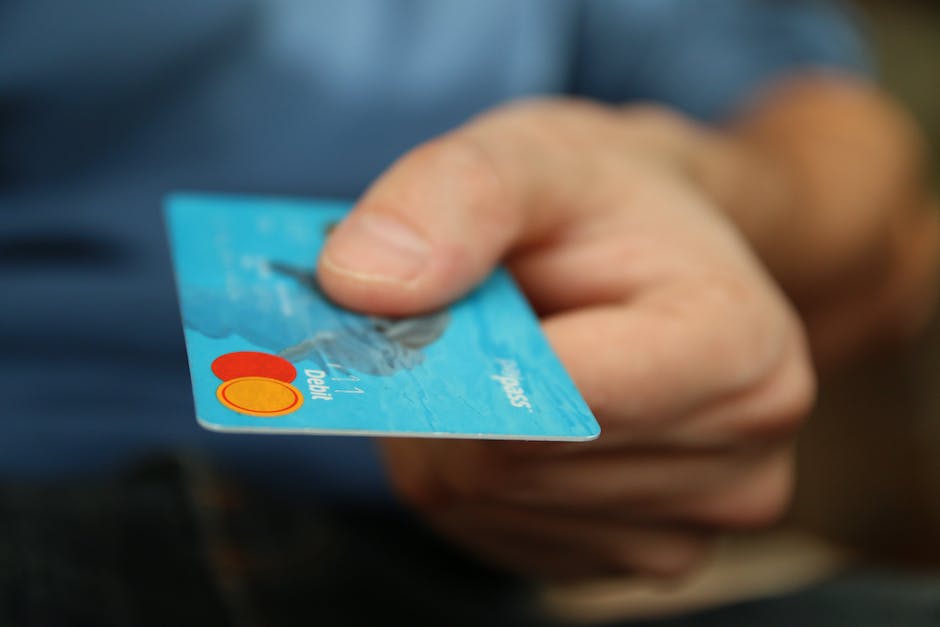
While convenient, ATMs located in high-tourist areas can be a target for thieves. It’s best to use ATMs located in well-lit, busy areas and to avoid using them at night. If possible, try to withdraw money during daylight hours when more people are around. This reduces your vulnerability to fraudsters and ensures that you’re safe while conducting your transactions.
Consider Bringing a Backup Card or Cash
In case of lost or stolen cards, it’s always a good idea to bring a backup credit or debit card, as well as some cash. Keep these in separate locations from your primary cards to prevent all of your money from being lost or stolen at once. Having a backup card or another means of payment ensures that you are prepared for any unexpected situations that may arise. It also keeps you from being stranded without a means of payment.
Don’t Forget to Exchange Currency Before Returning Home
If you have any remaining local currency at the end of your trip, make sure to exchange it back into your home currency before you leave. Currency exchange services can also be found in major airports, but again, be sure to compare rates before exchanging your money. Avoid exchanging your currency at high tourist areas or airports, as they often offer unfavorable rates. Plan ahead to reduce the risk of being stuck with a currency you can’t use when you return home.

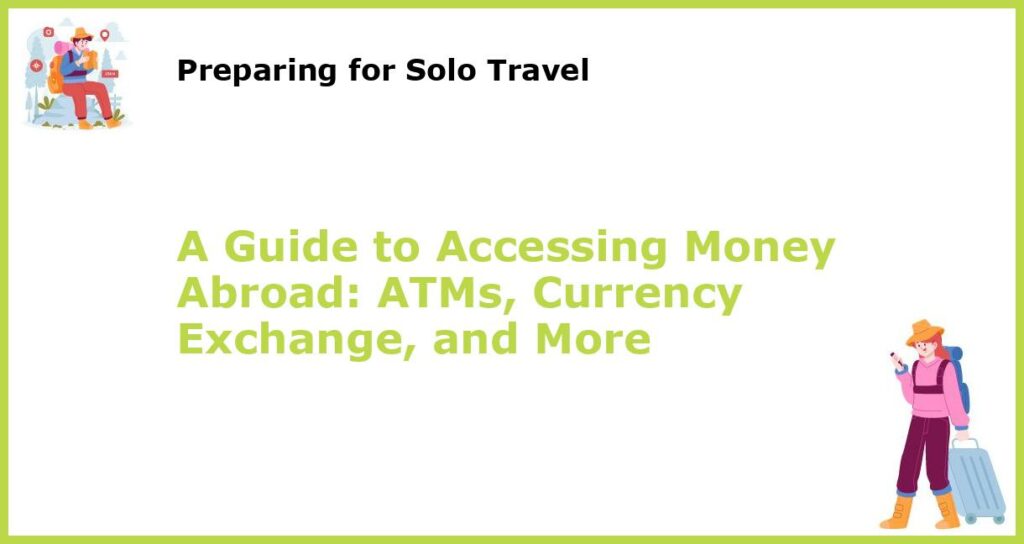






 You might also be interested in those articles related to solo traveling
You might also be interested in those articles related to solo traveling